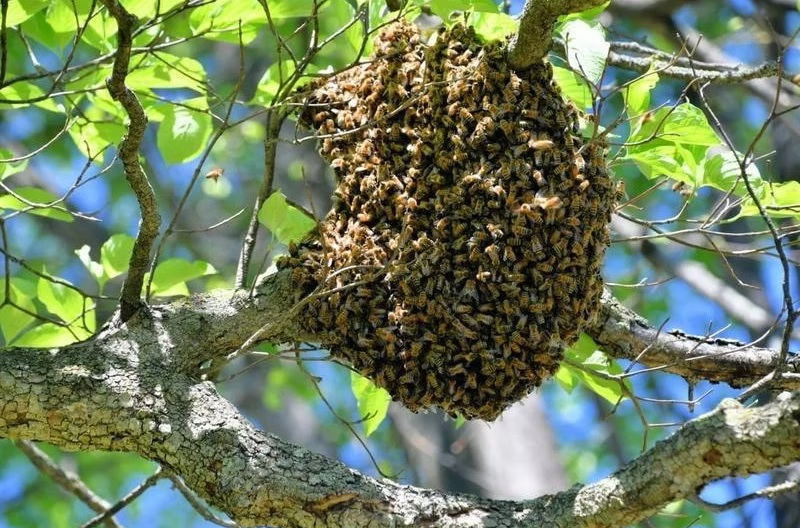MEDIA WATCH: Global superbug looming

FAILURE TO CREATE new antibiotics to replace those becoming ineffective means that it is “almost too late” to prevent a disastrous global superbug, an expert in the field has warned.
Dr David Brown, director of Antibiotic Research UK, said that efforts to find alternative drugs before bacteria develop resistance to existing ones have “totally failed”. “It is almost too late,” Dr Brown told the Press Association. “We needed to start research 10 years ago and we still have no global monitoring system in place.”
The evolution of drug-resistant bacteria is thought to be a result of the growing use of antibiotics for agricultural purposes, as well as the over-prescription of drugs for minor illnesses. A report published by the Independent Review on Antimicrobial Resistance earlier this month found that 72 percent of 139 academic studies showed a link between antibiotic consumption in livestock and human resistance to antibiotics.
The latest, and most alarming, development in antibiotic resistance has been the discovery of a gene that makes bacteria resistant to colistin, a drug used in some parts of the world – particularly China – to increase the size of livestock. Doctors turn to colistin, often called the last line of antibiotic defence, when other antibiotics prove ineffective, so the spread of a gene with an immunity to the drug would be catastrophic.
Experts have warned that immediate action is necessary to avert a superbug crisis that could see currently curable illnesses become untreatable. “I think we have got a 50-50 chance of salvaging the most important antibiotics, but we need to stop agriculture from ruining it again,” said Dr Brown.
He added that market forces would need to unite with legislation to reduce the use of antibiotics in farming: “When the public start demanding meat that has not seen antibiotics – because they understand that the meat may contain antibiotic resistant bacteria – only then will real progress be made.





